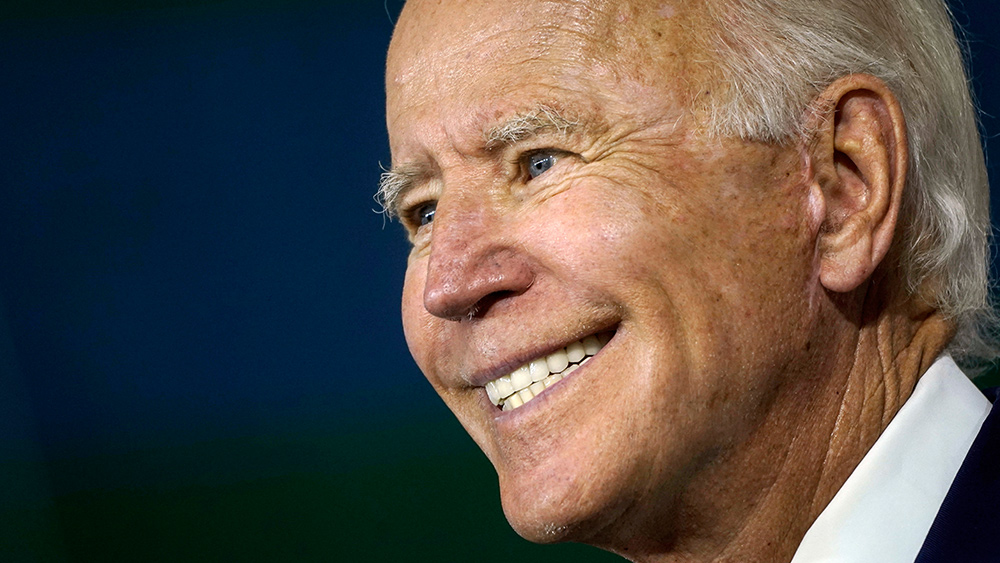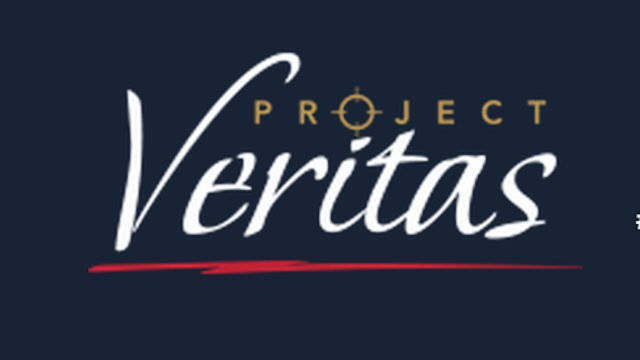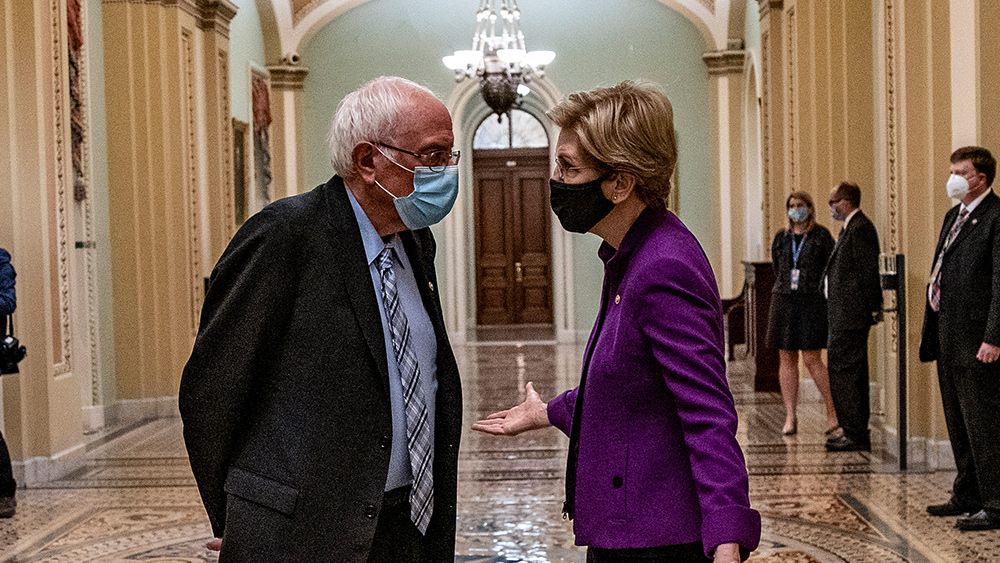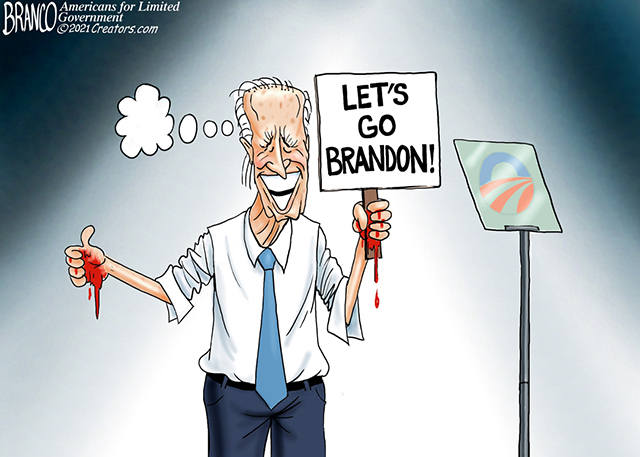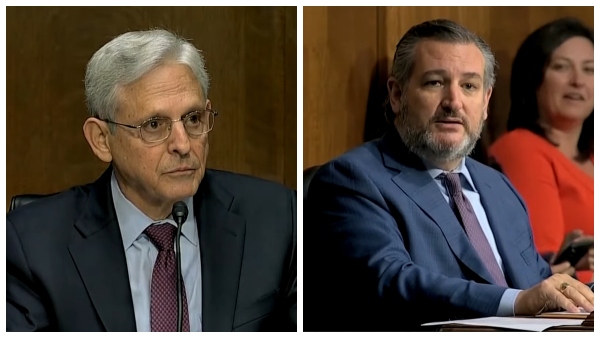First Amendment victory: Schools may no longer police students’ social media posts
06/25/2021 / By Lance D Johnson

The Mahanoy Area School District in Pennsylvania overstepped its legal authority when school administrators punished a female student for an expletive Snapchat rant she made while off campus. The Supreme Court ruled 8-1 in favor of the First Amendment, affirming the student’s right to speak freely about the school district online.
This is a landmark decision affecting school districts nationwide. School administrators and resource officers are known to surveil student conduct and speech posted online. According to the new Supreme Court ruling, school administrators will no longer have an incentive to police students’ social media posts because they no longer have the legal authority to punish students or censor them for the things they say off campus.
High school punishes student for expressing her emotions online
Brittany Levy tried out for her high school’s varsity cheerleading team, but she didn’t make the cut. So, she took out her frustrations online. The following weekend, she posted a picture of herself on Snapchat and directed explicit language toward the school and the cheerleading program. Approximately two hundred and fifty people were able to see the post, including students and fellow cheerleaders. When the Snapchat was brought to the attention of the coaches and staff, the school administrators decided that Brittany had violated school rules. The school administration removed Brittany from the junior varsity team and suspended her for a year.
The high school student and her parents, Lawrence and Betty Lou Levy, sued the Mahanoy School District under 42 U.S.C. § 1983. By suspending Brittany from the cheerleading squad, the school violated the girl’s First Amendment rights. Furthermore, the school’s rules were overbroad, unconstitutional, vague and viewpoint discriminatory.
Schools no longer allowed to punish or censor students for the things they say off campus
In the first court hearing, Brittany’s lawyer said she “was punished for merely expressing frustration with a four-letter word to her friends outside of school on a weekend.” Her attorney said, “Her message may seem trivial, but for young people, the ability to voice their emotions to friends without fear of school censorship may be the most important freedom of all.”
The first court to hear the case ultimately ruled in the student’s favor, and yet the Mahanoy Area School District appealed. The United States Court of Appeals for the Third Circuit affirmed the lower court’s decision, before the issue was finally brought to the Supreme Court. Now the issue will set precedence for school districts nationwide, stopping snoopy and vindictive school officials from targeting certain students based on their speech and online activities. No longer will school officials be able to discriminate against students for opinions and emotions they have outside the school’s doors.
The ruling builds upon the Tinker v Des Moines decision, which ruled in favor of students who protested the Vietnam war by wearing expressive arm bands. Because their action did not “substantially disrupt the school’s operations” the students were within their legal right to wear the arm bands. Now, with this new ruling, schools cannot retaliate toward students who voice their opinion off campus, as long as their speech does not “substantially disrupt the school’s operations.”
Justice Breyer wrote the majority opinion: “It might be tempting to dismiss B.L.’s words as unworthy of the robust First Amendment protections discussed herein. But sometimes it is necessary to protect the superfluous in order to preserve the necessary.”
Read FirstAmendment.News for more stories on protecting American rights.
Sources include:
SupremeCourt.gov [PDF]
Tagged Under: American rights, education standards, First Amendment, free speech, freedom, freedom of expression, freedom of speech, Liberty, online activity, profiling, school adminstration, speech police, student rights, surveillance, unconstitutional authority, universities
RECENT NEWS & ARTICLES
COPYRIGHT © 2017 FIRSTAMENDMENT.NEWS
All content posted on this site is protected under Free Speech. FirstAmendment.news is not responsible for content written by contributing authors. The information on this site is provided for educational and entertainment purposes only. It is not intended as a substitute for professional advice of any kind. FirstAmendment.news assumes no responsibility for the use or misuse of this material. All trademarks, registered trademarks and service marks mentioned on this site are the property of their respective owners.








